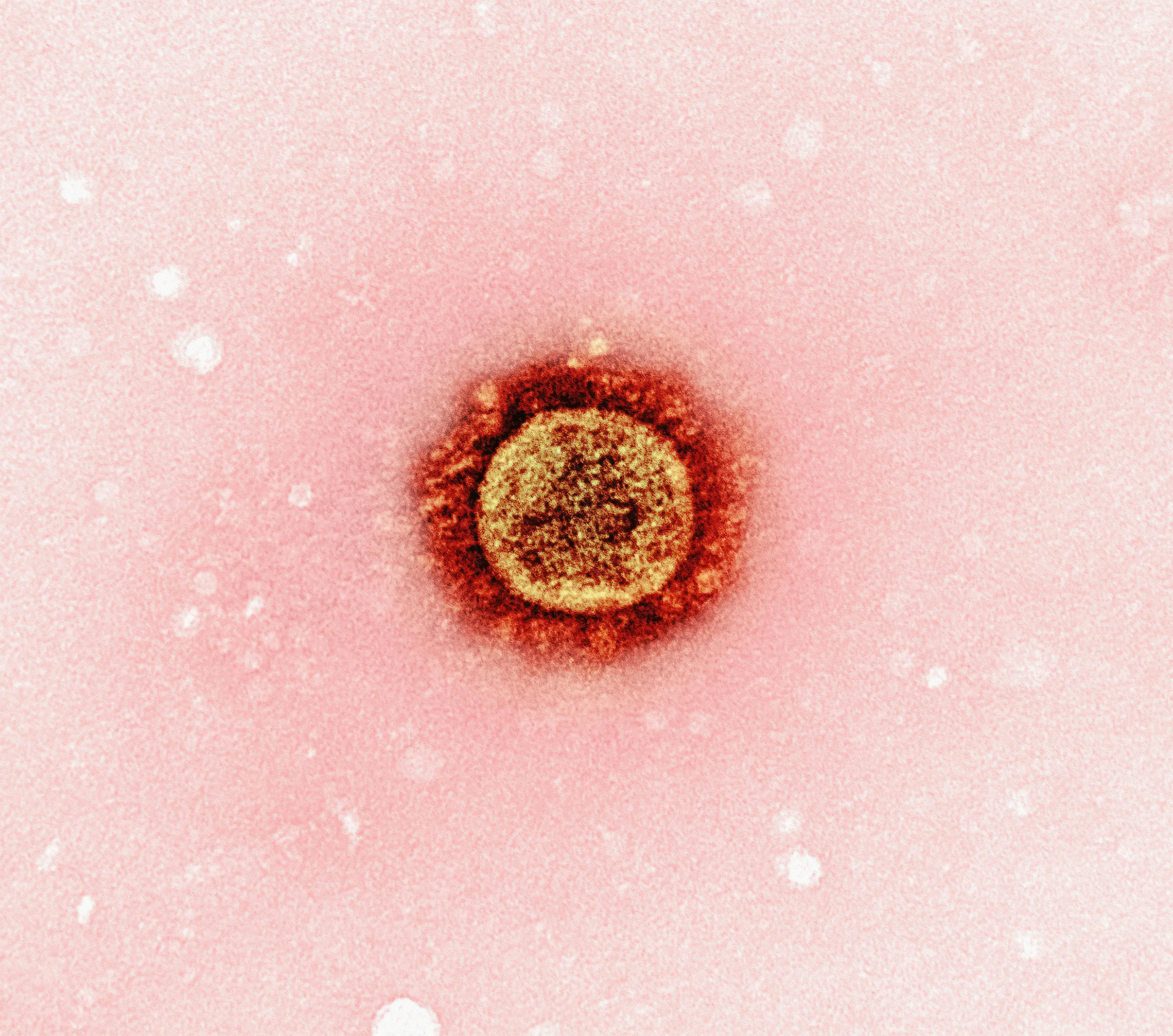Tiny, Fatty and Powerful: The Future of Drug Delivery Is Already Here

They’re invisible to the naked eye, smaller than a virus, and made of fat. But lipid nanoparticles (LNPs) are quickly becoming some of the most important tools in modern medicine. These tiny, fatty spheres made headlines during the pandemic for delivering mRNA vaccines safely and effectively. Now, researchers believe they could do much more.
A new report from Lund University highlights just how critical LNPs have become. While they once flew under the radar, LNPs were the unsung heroes behind the rapid deployment of COVID-19 vaccines. Without them, the fragile strands of mRNA would never have reached human cells intact. These particles encase and protect the genetic material, guiding it to the right destination in the body.
But their role isn’t limited to vaccines. LNPs are now being explored for delivering a wide range of therapeutic molecules, from cancer drugs to gene therapies. Their versatility lies in their ability to be customized, scientists can tweak their surface properties, charge, and size to target specific cells or tissues, improving delivery and minimizing side effects.
For instance, researchers are developing LNPs that could cross the blood-brain barrier, a nearly impenetrable shield that protects the brain but blocks most medications. This opens the door to potential treatments for neurodegenerative diseases like Alzheimer’s or Parkinson’s, which have long defied conventional drug delivery.
LNPs also have the potential to replace older drug carriers that are less stable or more toxic, making treatments safer and more efficient. As our understanding of their biology deepens, LNPs may even be engineered to respond to internal signals, releasing their cargo only under specific conditions.
Despite their promise, challenges remain. Researchers still need to better understand how these particles interact with the immune system, and how to scale up production reliably. But the momentum is strong. As one researcher put it, “We’ve only scratched the surface of what these particles can do.”
From pandemic defense to personalized medicine, LNPs could be the tiny couriers that reshape how we treat disease.